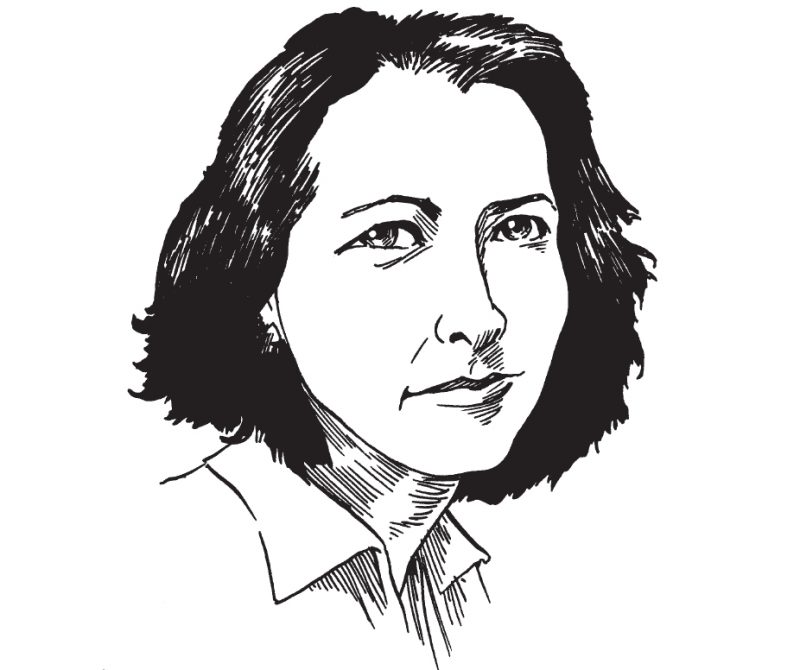Helen Simpson was born in Bristol, England, and grew up in London. Her first collection of short stories, Four Bare Legs in a Bed, was published in 1990, followed by Dear George and Other Stories (1995), Getting a Life (2000), and In the Driver’s Seat (2007). Simpson writes about the tough stuff: how children sometimes change your life for the worse, how even a happy marriage can feel stifling, “why so many women are the way they are,” as she puts it in her short story “Early One Morning”: “stymied at some point; silenced somewhere. Stalled. Or, merely delayed?”
I loved Simpson’s wry, lyrical stories even before I became a mother. I found myself quoting Simpson’s work—her take on things was often more apt, and hilarious, than my own. When I had my first child and my life exploded, Simpson’s stories took on new resonance. I re-read her collections, seeking out guidance, some way of making sense of the new country I found myself living in. A few weeks after my second child was born, I was able to catch Simpson on her U.S. tour promoting In the Driver’s Seat. Helen was in a Washington, D.C., hotel room when we spoke; she was reading with Nathan Englander that evening.
I had completely lost my voice the day before our interview. I related to the protagonist of Simpson’s story “Heavy Weather” when she says of motherhood, “I’m being mashed up and eaten alive.” But my sitter arrived and I handed over my son, drove to a friend’s quiet office, popped a cough drop, and called Simpson. We spoke for an hour and a half. I wish we could have spoken for longer, but I had to go home and nurse the baby.
—Amanda Eyre Ward
I. “I’M FINDING [IN AMERICA] YOU’RE ALLOWED TO WRITE ABOUT DOMESTIC STUFF AND IT’S NOT SEEN AS SOME LOSS OF STATUS.”
THE BELIEVER: Can you talk about how a short story works for you? What’s your process?
HELEN SIMPSON: I seem to spend longer thinking about it than actually writing. I seem to take an awful long time once the idea has come just reading around and letting the thoughts settle around it and trying to work out what I’m actually writing about. You sometimes come up with an idea and you know it’s alive, but you’re not sure what it is. The actual writing, that’s two or three weeks and sometimes longer, but the run-up’s the thing that takes the time. You’ve got the run-up like an airplane on the runway and then you’ve got the time to actually get the thing done.
BLVR:...
You have reached your article limit
Sign up for a digital subscription and continue reading all new issues, plus our entire archives, for just $1.50/month.
Already a subscriber? Sign in





